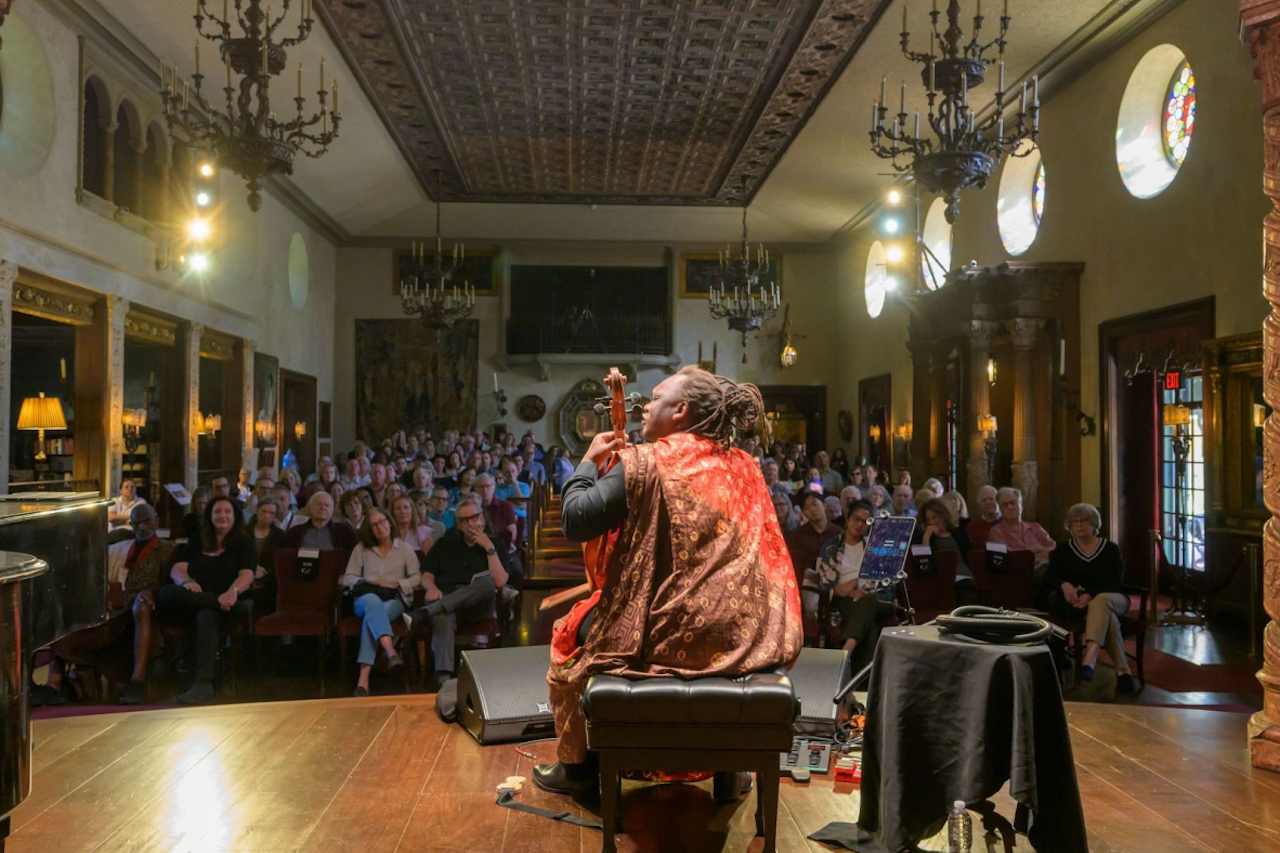
Rosen House Concert Series
Intimate performances from October through May.

What's On
We invite you to experience a concert in one of our unique venues, tour the historic Rosen House and its magnificent collection of art and objects, enjoy an elegant afternoon tea with friends and family, learn a new skill, deepen your appreciation for art and music, or simply spend quality time together.
Concerts
More than 50 concerts each year, spanning classical, jazz, roots, global music, Broadway and more, with offerings for all ages.

Rosen House Concert Series
Intimate performances from October through May.
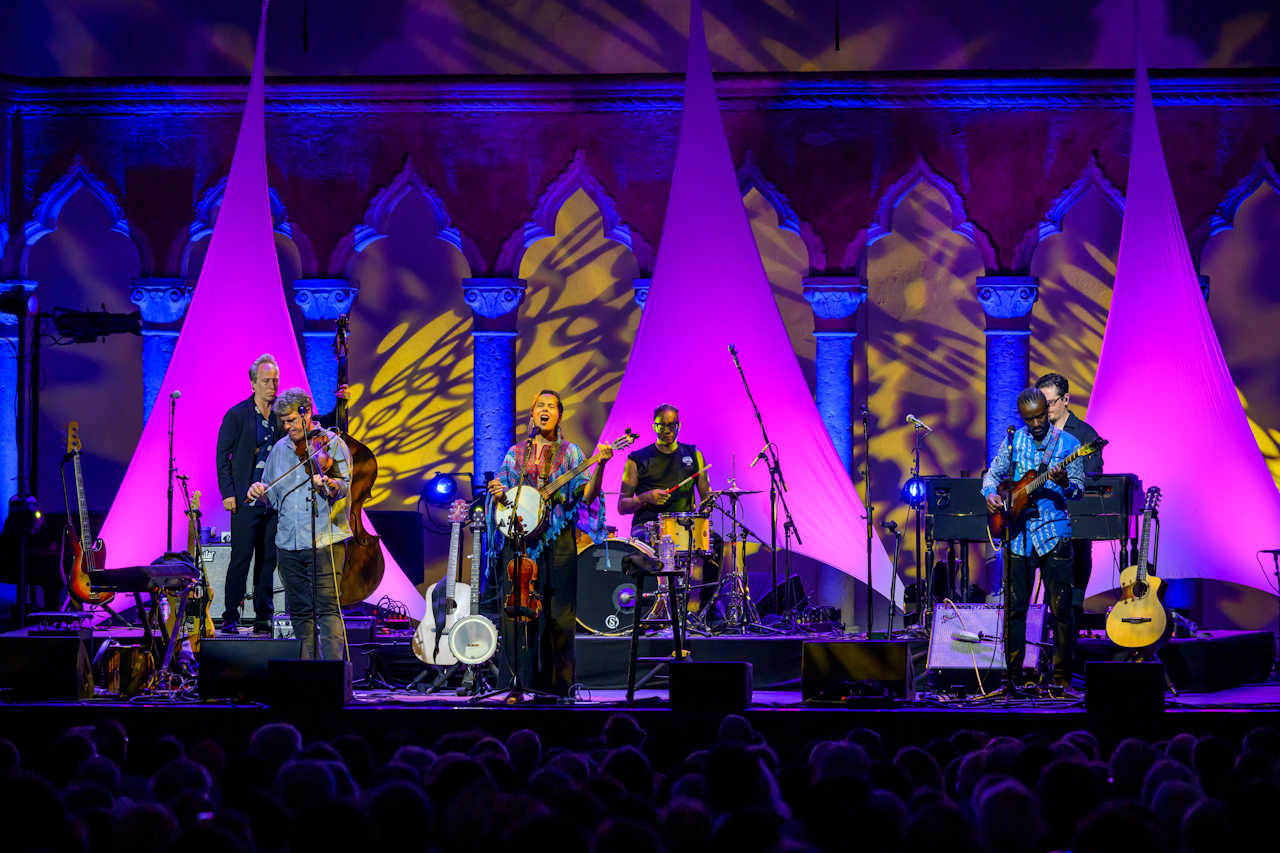
Summer Season
Seven weeks of outdoor performances across five distinctive settings.
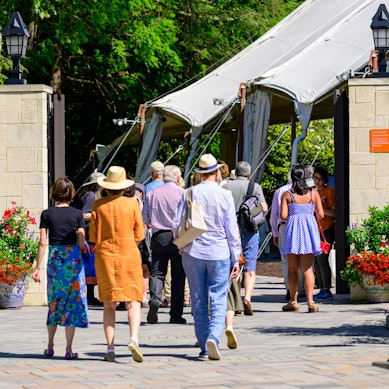
Visit Us
Craft your experience to make the most of your visit.
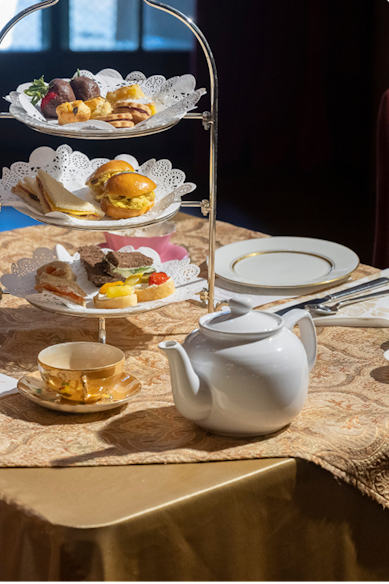
Beyond the Music
Caramoor is more than just a world-class concert destination: it is a place for creativity and connection of all kinds. If you and your family are looking to unwind in the gardens, learn a new skill, deepen your appreciation for art and music, or simply spend quality time together, we have curated a diverse schedule of activities for your discovery and inspiration.
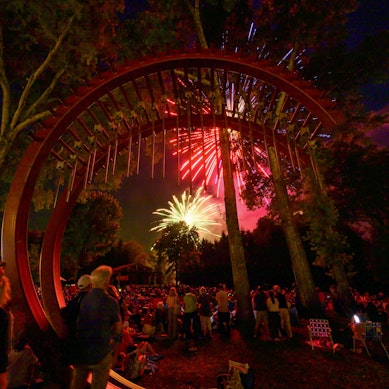
Make a Gift
Your support brings performances to life, preserves Caramoor’s historic legacy, and nurtures the artists of tomorrow. Every gift matters—and makes you part of the Caramoor family.
To The Sea